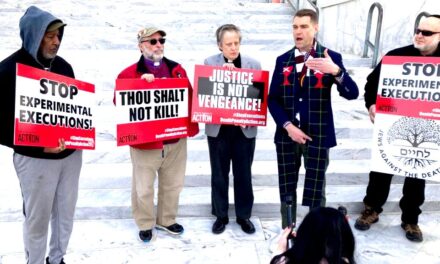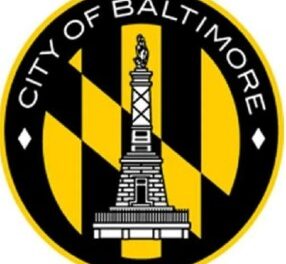By Dr. Frances “Toni” Draper,
AFRO Publisher and CEO
This year we celebrate Juneteenth National Independence Day for the 157th time, and the third time as a national federal holiday. Many Americans are still learning about Juneteenth’s importance, and we must recognize the significance of its history, and the joy in celebrating our freedom as Black Americans.
What Juneteenth means to us
Juneteenth’s official name is Juneteenth National Independence Day, and it is indeed celebrating different freedoms than the Independence Day we remember on Fourth of July. On July 4, we celebrate the time Americans became free from another country. On Juneteenth, we celebrate the time Americans became free from their own country.
Plenty of folks are still figuring out how to best embrace this occasion, in part because of the federal holiday’s recency, or in part because of efforts to avoid teaching this part of our history. If we do not share the true meaning of Juneteenth, how is the broader American public supposed to know? If schools do not teach the holiday’s origins, how are young people supposed to know? How we celebrate Juneteenth matters, because Juneteenth matters.
How we celebrate Juneteenth
Regional Juneteenth celebrations have occurred for years, particularly in Galveston, Texas where the occasion was first acknowledged. With each passing year, we see new celebrations emerge nationwide, including in the Baltimore region. This year, the AFRO will host our soon-to-be annual Juneteenth Breakfast, “We’ve Come This Far By Faith,” honoring local faith leaders, celebrating how Black church and Black press, and Civil Rights organizations have all worked together for emancipation.
Other local events include Savage, Md.’s first ever Juneteenth celebration, “Education, Inspiration and Hope,” and artistic exhibitions like the Greater U Street Theater Group’s third annual Juneteenth performance.
Many celebrations are rooted in education, but there is a fundamental joy at the heart of each gathering.
How businesses can accommodate
Part of our Juneteenth celebration aims to reinforce the idea that this is more than just a day off of work, if a day off is in fact granted. I firmly believe that all non-essential businesses should close for Juneteenth, and allow employees to celebrate the day just as they would for other federal holidays.
Keeping business open on Juneteenth– while closing for other federal holidays like July 4– sends the wrong message to Black Americans, and denies employees the celebration the day calls for.
Not a Black Holiday, but a national holiday
Juneteenth is not just a “Black holiday,” it is a national holiday. Communities and businesses that create space for Juneteenth will help Americans not just understand the day, but celebrate it accordingly. Understanding, recognition, and celebration are key to ensuring that Juneteenth will never again be under the radar, and instead live on rightfully among our most essential federal holidays.
The post Celebrating Juneteenth appeared first on AFRO American Newspapers .











